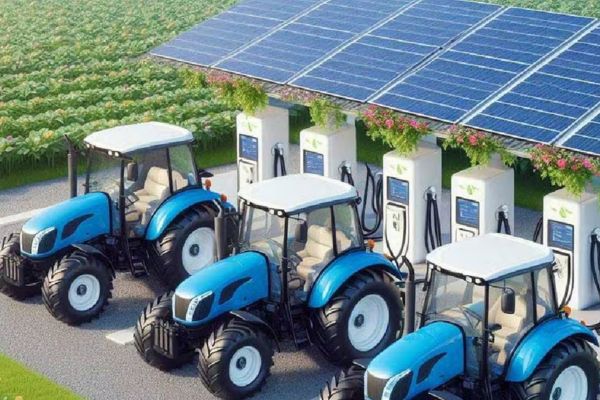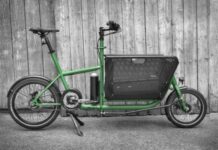For decades, diesel-powered tractors have been the backbone of Indian agriculture—powering ploughs, harvesting tools, and irrigation systems across the country’s vast farmlands. But as India transitions toward cleaner, more sustainable practices, a quiet yet significant shift is taking place. Electric tractors are emerging as the future of farming—not as a replacement, but as an evolution of how agriculture can be more efficient, economical, and eco-conscious.
Moving On from Diesel
Diesel engines have long been considered reliable and powerful, but they also come with a heavy cost—both economically and environmentally. The rising price of diesel fuel is cutting deeper into farmer incomes, while ongoing maintenance expenses add further strain. Beyond the economics, diesel combustion releases harmful emissions, contributing to air pollution and the broader climate crisis.
Electric tractors offer a sustainable solution. With zero tailpipe emissions, they reduce the carbon footprint of agricultural activities, helping combat rural air pollution. This has direct health benefits for farmers, laborers, and even livestock constantly exposed to fumes. Furthermore, electric vehicles are inherently more energy-efficient, turning more stored power into usable work compared to internal combustion engines.
Efficiency Meets Quiet Power
What sets electric tractors apart isn’t just their green credentials. Their operation is remarkably quiet—a significant advantage in rural farming environments. In areas with cattle, poultry, or daily human-animal interactions, this reduction in noise pollution creates a calmer, more productive setting. Farmers have found tasks like fodder cutting, crop transportation, and operating near animals to be less disruptive and more humane with EV tractors.
The simplicity of the electric drivetrain also means fewer moving parts, leading to lower maintenance costs and less frequent breakdowns. Unlike diesel engines that require regular oil changes, fuel filter replacements, and complex mechanical upkeep, electric tractors are easier to maintain, saving both time and money.
Some models also come equipped with advanced technology such as smart controls, performance tracking, and integration with mobile apps. These tools can help farmers manage energy usage, optimize productivity, and gain insights into soil and weather conditions—ushering in a new era of precision farming.
Changing Perceptions and Adoption Barriers
Despite the clear advantages, there is still hesitation among many farmers. Familiarity with diesel engines, concerns over battery charging, and doubts about power and durability in rugged conditions are understandable barriers. In regions with inconsistent electricity access, charging infrastructure can pose practical challenges.
Yet, early adopters are showing that these concerns can be addressed. With proper training and demonstration, the initial skepticism often gives way to enthusiasm. Once farmers experience the cost savings, ease of use, and environmental benefits, the shift begins to feel not only possible but necessary.
Moreover, solar-powered charging stations and portable battery packs are emerging as practical solutions to bridge infrastructure gaps, especially in off-grid or semi-rural areas.
A Greener Tomorrow for Indian Agriculture
The shift from diesel to electric in Indian agriculture is more than a technological upgrade—it’s a paradigm change. It represents a move toward sustainable farming that aligns with India’s broader environmental goals and the need for resilient agricultural systems.
In a country where over half the population depends on agriculture for livelihood, the impact of this transition can be transformative. Cleaner energy, lower operational costs, and smarter tools can uplift the sector, making farming more profitable, sustainable, and aligned with the challenges of the future.
The “diesel exit” is already underway. As awareness grows and success stories multiply, electric tractors are steadily gaining ground—not as a novelty, but as the new standard. The future of Indian agriculture hums with quiet, electric confidence, ploughing the path to a greener, more empowered tomorrow.

Attributed to Pankaj Goyal, Co-founder and COO of AutoNxt Automation

















